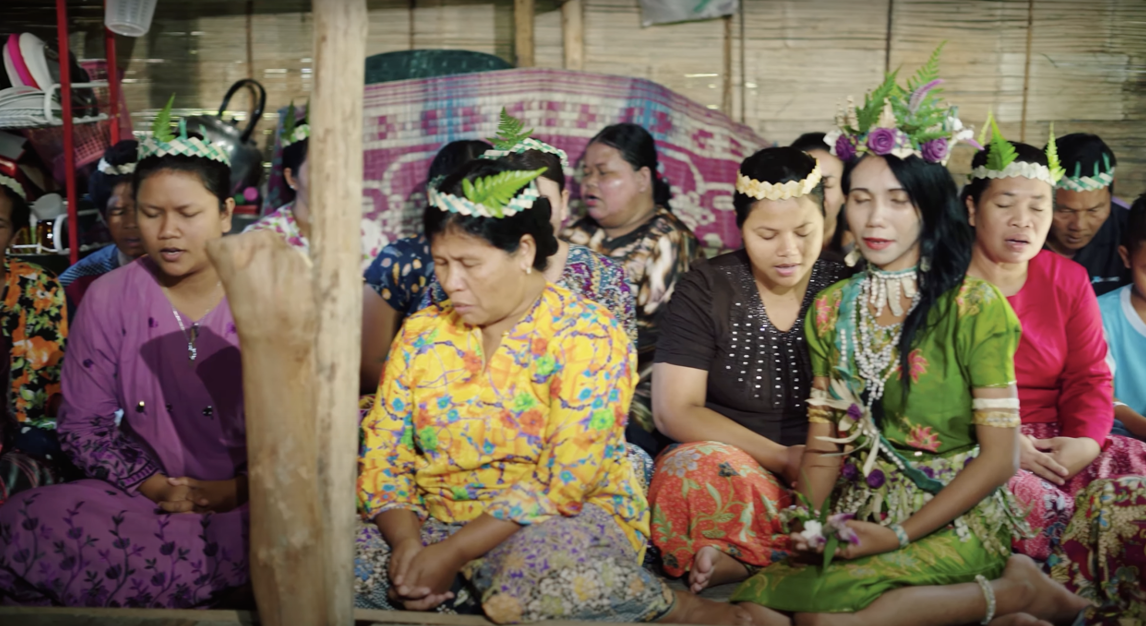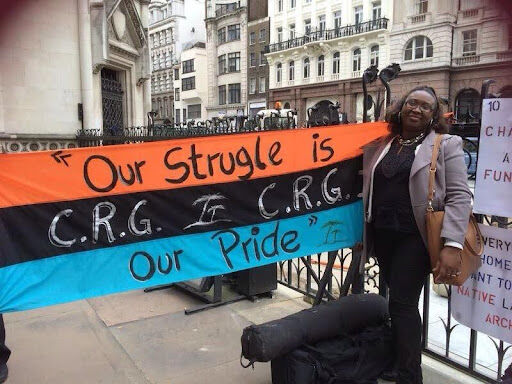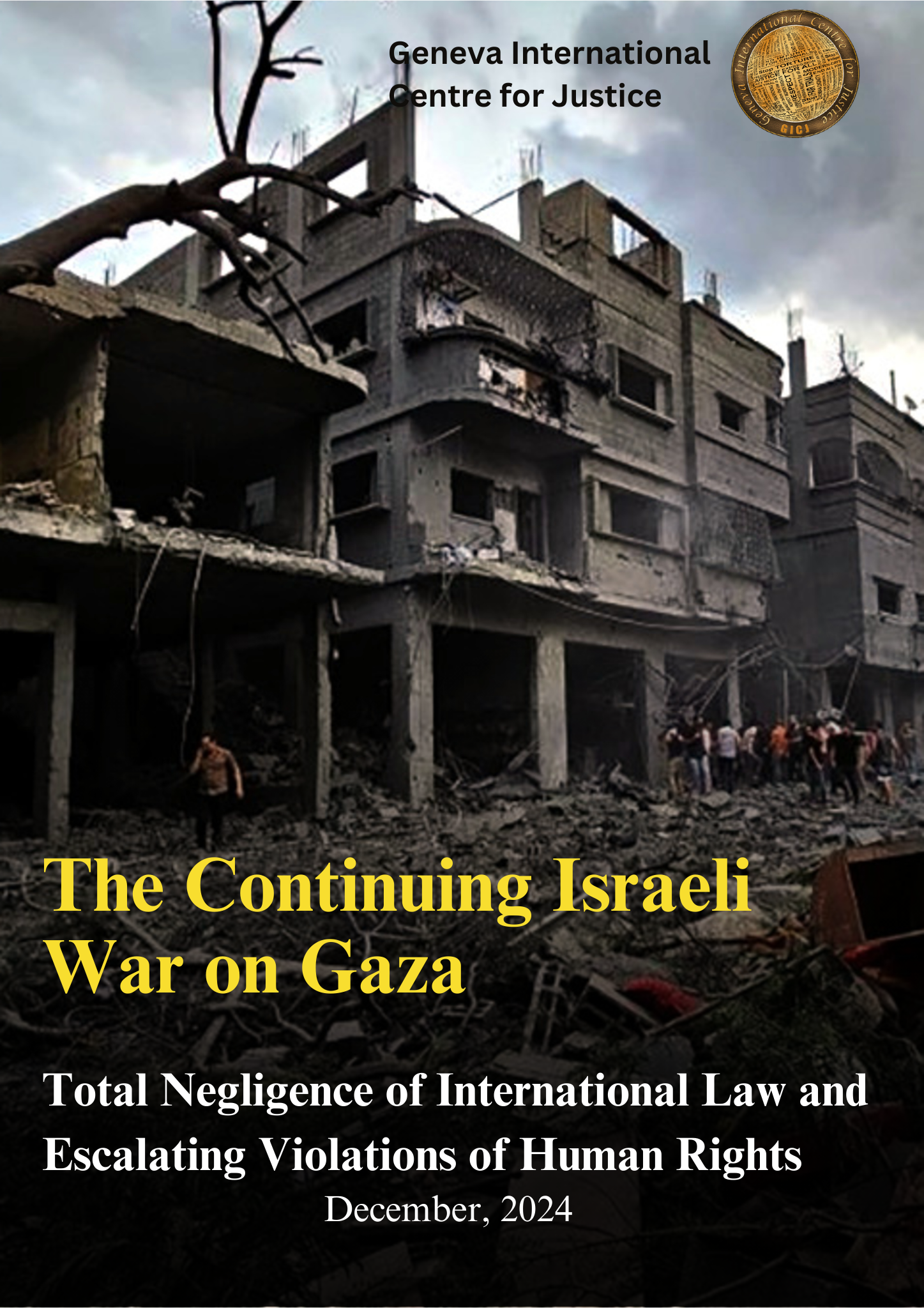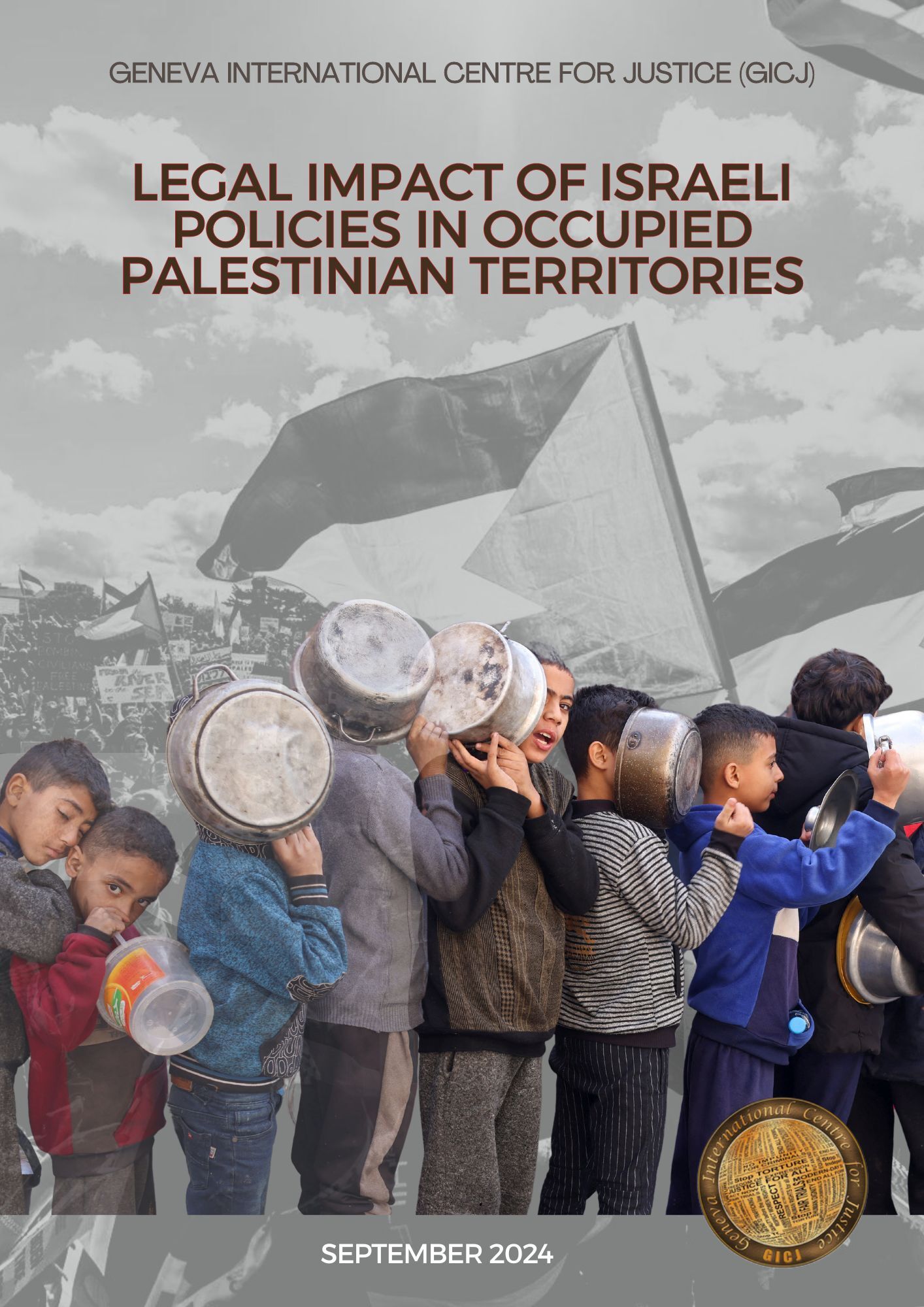By Amal Bushara / GICJ
February 20th marks the World Day of Social Justice, which has been an annual UN observance celebration since 2009. The day celebrates just outcomes for all in the field of employment, social protection, social dialogue and aims to highlight the plight of social injustice throughout the world so that change may come. World Day of Justice recognizes the need promote efforts to tackle issues such as discrimination, poverty, gender equity and access to justice for all.
Every year, the UN hosts an event to celebrate the World Day of Social Justice and those who are involved in ensuring that justice is always readily available to everyone. Teachers and parents alike also use this day to teach young children of the world on importance of social justice, to ensure that the next generation is conscious of the inequalities and social imbalances that people face.
 The theme for this year’s World Day of Social Justice is Achieving Social Justice Through Formal Employment. More than 60 percent of the world’s employed population, which is roughly to 2 billion workers, earn their livelihoods in the informal economic. The pandemic has highlighted the vulnerability of workers in the shadow economy, as workers depending on the informal economy lack social protection and employment related benefits and consequently, they are twice as likely to be poor compared to formal workers.
The theme for this year’s World Day of Social Justice is Achieving Social Justice Through Formal Employment. More than 60 percent of the world’s employed population, which is roughly to 2 billion workers, earn their livelihoods in the informal economic. The pandemic has highlighted the vulnerability of workers in the shadow economy, as workers depending on the informal economy lack social protection and employment related benefits and consequently, they are twice as likely to be poor compared to formal workers.
Encouraging and facilitating the transition from informal to formal employment is essential for reducing poverty and social inequalities, advancing work and even increasing productivity and sustainability of enterprises. According to Recommendation No. 204, adopted in Geneva on 12 June 2015, the path to increasing activity in the formal economy and decreasing dependency on the informal economy, requires a multi-faceted, comprehensive integrated set of national-level strategies that tackle various drivers of informal wok. As the COVID-19 crisis has laid bare the entrenched gender inequalities in the labor market, a gender-responsive approach to formalizing work could increase the ability to disadvantaged members of society to formalize their labour efforts.
Formalization of work in general is a complex and gradual process. It is hindered by economic, social and other deliberating factors. However, it is important that countries strive to integrate informal workers into a formal economy to ensure that their employments rights are upheld and respected. The informal economy creates space for exploitation and other vulnerabilities, which become outside of the scope of government authority and hence outside of state protection.
The 2030 Agenda and the Secretary-General’s report on Our Common Agenda, both recognize the importance of formalization of work. The report further calls for the establishment of a road map to integrate informal workers, in order to benefit from women’s full involvement in the workforce, and to reduce gender inequalities more broadly. A new partnership agreement between the International Labour Organization (ILO) and United Nations Development Program, has been struck to undertake joint programming to establish a clear path to work formalization.
Geneva International Centre for Justice (GICJ) reiterates the calls by the UN and ILO to formalize work for the 2 billion sum people who rely on the informal economy, despite its vulnerability and the lack of protection it offers workers. We ensure that countries create strong and clear initiatives to address reliance on the shadow economy. Furthermore, GICJ calls on the international community to promote equitable distribution of income and greater access to equity as to promote and encourage work in the formal market. Finally, GICJ would like to state that everyone deserves to be recognized and protected for their work and no one deserves to be marginalized and excluded from social benefits associated with work because they are forced to rely on generating revenue from informal work.
Justice, World Social Justice Day, Employment Rights, Right To Work, Work Equality, UN, Human Rights, Geneva, geneva4justice, GICJ, Geneva International Centre For Justice












